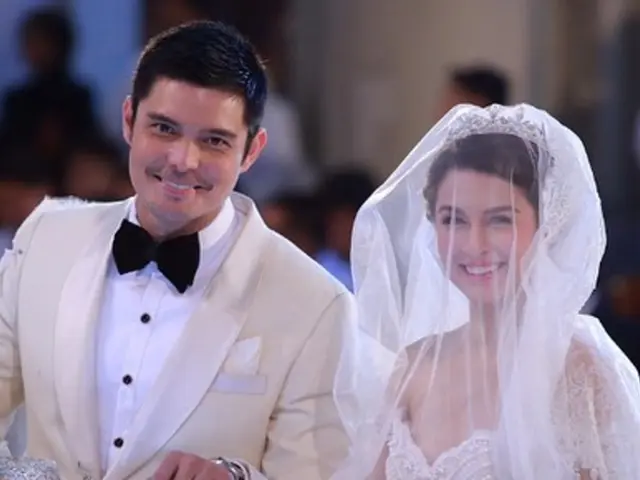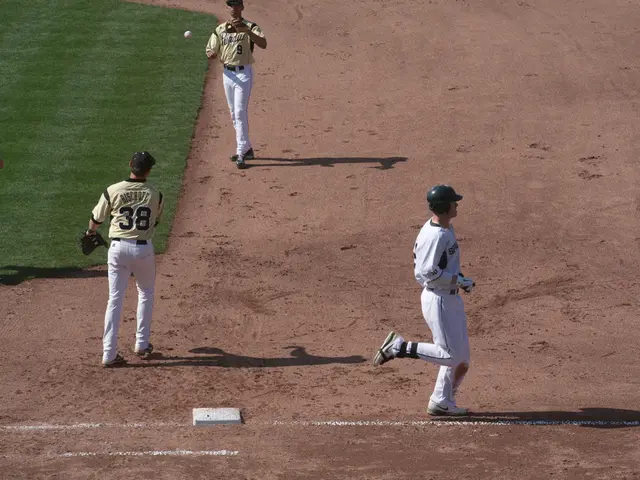Europe selects its team of negotiators, dubbed as 'Trump advisors', with a shared interest in golf and congruent political opinions
In a series of recent meetings, European leaders have been engaging in discussions with US President Donald Trump regarding the ongoing Ukraine crisis. Finland's President, Alexander Stubb, played a significant role in these negotiations, having met with Trump and a team of leaders from France, Germany, the UK, Italy, Ukraine, NATO, and the European Commission.
During these talks, Stubb utilised visual aids to help Trump understand the extent of Russia's demands in the Ukraine crisis. He acted as a mediator, not a main player, focusing on achievable results rather than grand announcements.
Following their White House visit, the feedback from a wider group of European leaders was positive, suggesting that the meetings went well. The rapport between Trump and the head of the EU's executive arm, Ursula von der Leyen, seemed particularly warm this week.
Europe will need to leverage its leaders who have established a direct line to Trump to ensure any potential peace deal that emerges is not on the Kremlin's terms. The Baltics and other countries close to Russia view any deal that undermines Ukraine's sovereignty as an invitation for Russian President Vladimir Putin to make another attempt on Kyiv or an EU state in the future.
Ukraine has long sought commitments from the US and its allies that they would provide security guarantees to deter a future attack by Russia. Trump signalled his support for Ukraine's future security being guaranteed by European allies in coordination with the US.
Meanwhile, Volodymyr Zelenskiy, the Ukrainian President, also met with Trump this week. High-stakes negotiations between Putin, Zelenskiy, and potentially Trump about a possible end to the fighting suddenly look more likely.
Europe has a team of 'Trump whisperers' tasked with nudging the US president to support Ukraine's view of the conflict. The strategy is to portray Putin as the real obstacle to Trump achieving a desired peace deal, in order to secure vital US support for Ukraine should Russia not take the current talks seriously and the war continue.
Trump did not support a peace deal that favoured Russia, as feared, during his summit in Alaska. In fact, he came out of his face-to-face with Putin colder on previous threats of further sanctions on Russia.
Stubb, who shares a 1,340km border with Russia, has maintained regular contact with Trump since their round of golf in March. The feedback from their meetings suggests that there is a growing understanding and support for Ukraine's position within the US administration.
As the negotiations progress, the international community will be closely watching to see if a peaceful resolution can be reached and if the sovereignty of Ukraine will be protected.
Read also:
- United States tariffs pose a threat to India, necessitating the recruitment of adept negotiators or strategists, similar to those who had influenced Trump's decisions.
- Weekly happenings in the German Federal Parliament (Bundestag)
- Southwest region's most popular posts, accompanied by an inquiry:
- Discussion between Putin and Trump in Alaska could potentially overshadow Ukraine's concerns








